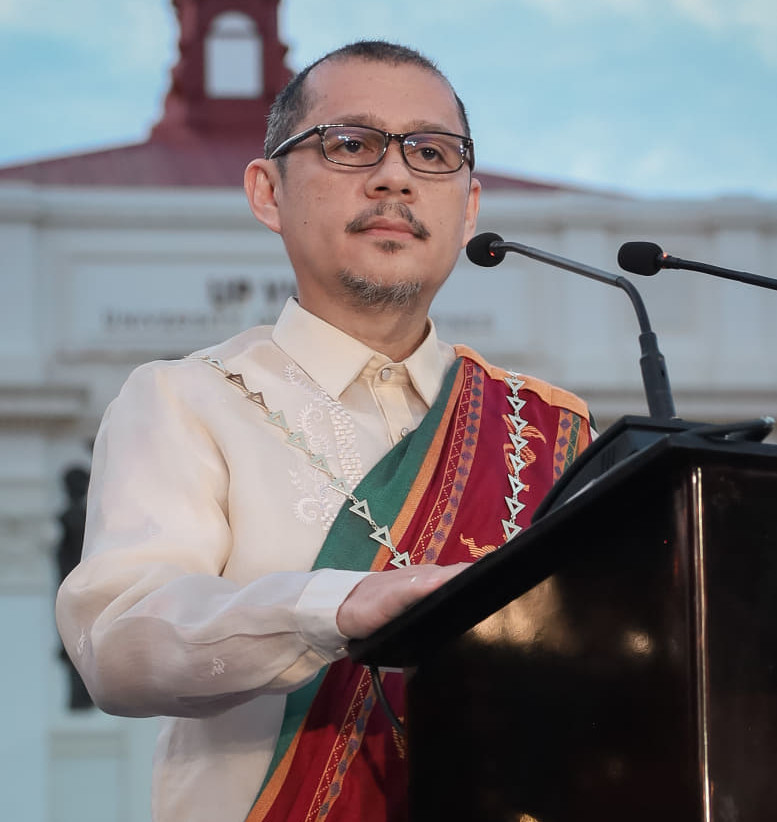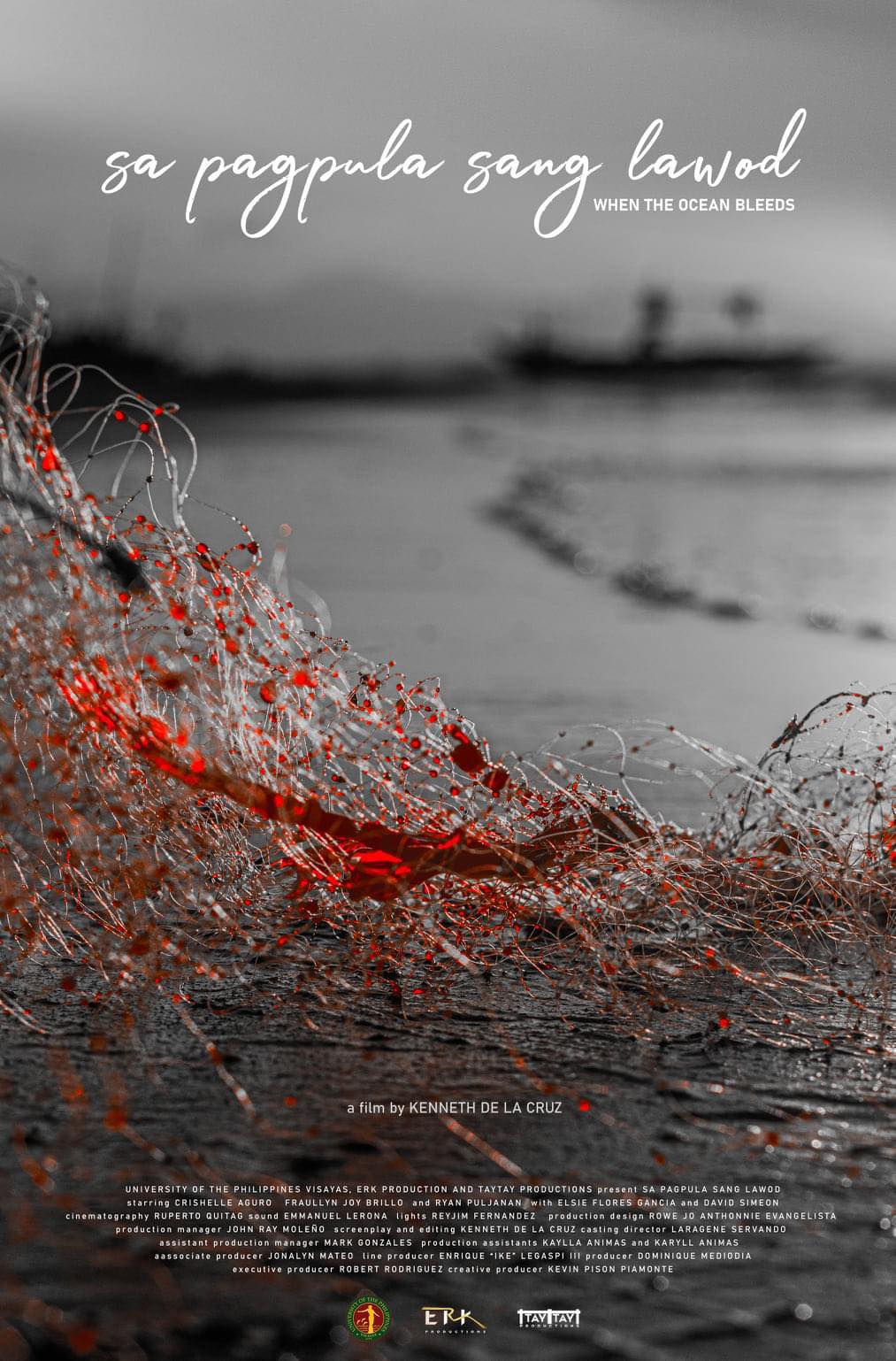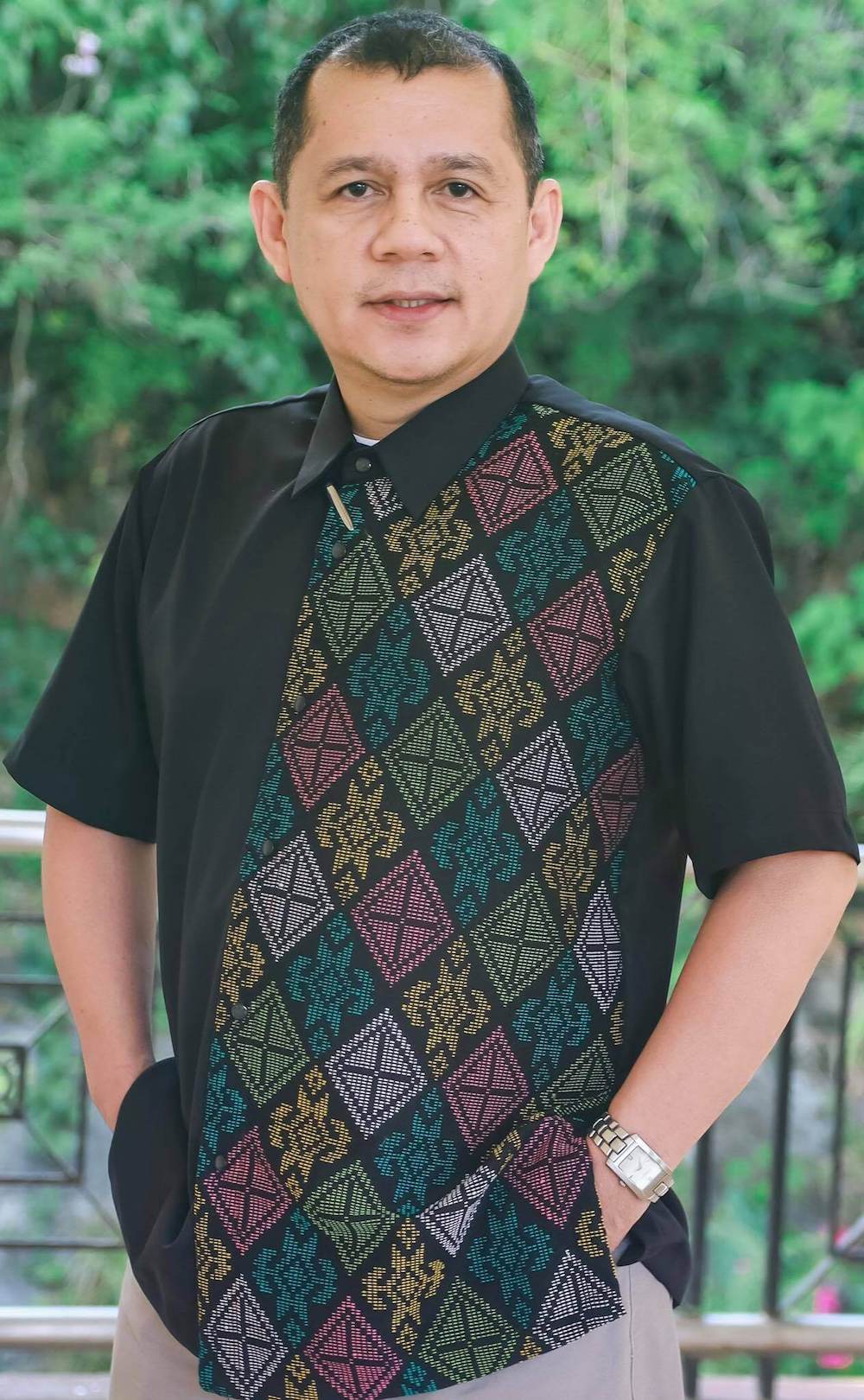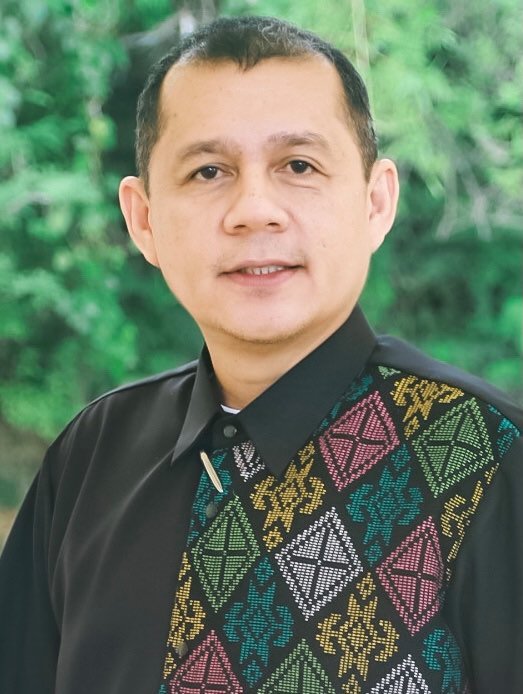Chancellor Clement C. Camposano shared his views on remote learning in the June – July 2021 issue of The ASEAN. Entitled “The Shape of Things to Come,” Chancellor Camposano expounded on how the COVID-19 pandemic magnified, in one way or the other, the role of technology in higher education.
Technology, Internet, Social Media, the list can go on. These “concepts” have taken the Philippine society in such a maelstrom for quite sometime now. However, Chancellor Camposano highlighted in his article that in the context of education, “social media platforms, learning management systems, and synchronous communication technologies should not be viewed as mere tools for delivering predetermined content.” It cannot be denied that technology, the Internet, or social media proved to be a convenient excuse for most individuals to access and consume manufactured content – rather than delving deeper and form a much active stance on consuming information. But this can also be a dilemma. In the middle of active campaigns to be more discerning when it comes to consuming information from the Web, Chancellor Camposano also highlighted a much greater issue, “its (networked learning) tendency to perpetuate and amplify existing social inequalities.”
As an administrator, Chancellor Camposano also elaborated on the challenges of remote learning. He became the UP Visayas Chancellor in the middle of the pandemic. As he stated in the article, “the challenges are certainly complex…significant resistance to online classes, …the reliance on visual cues and immediate feedback in traditional classrooms will have to be unlearned, …teachers (and students)…defined by face-to-face engagement will not be inclined to support the redesign of courses and programs around mediated interaction.”
Amidst these challenges, Chancellor Camposano also highlighted the need for the various sectors within the academe to support one another and step-up.
“For schools, investments in accessible technology should be complemented by programs aimed at systematically shifting the way teachers think about teaching. Teachers need to have greater faith in their students, that the latter are not mere lumps of potential awaiting teachers’ directive intervention but can assume greater responsibility for their learning. Students, for their part, need to become independent learners…”
While the sound of technology or the Internet or social media may be a convenient solution for most schools, Chancellor Camposano also posed a reminder as far as internet-based education is concerned, “to (re)introduce issues of inequality and exclusion into the conversation.” He further mentioned that the schools and the government should exert efforts to address inequality issues brought about by internet-based education.
In these challenging times, Chancellor Camposano stressed that apart from investments in technology, it is equally important to put a premium on the humane side of internet-based education – the teachers and students.
The full article can be viewed and downloaded here: The-ASEAN-Sustainable-Cities-June-July-2021 (pp 34-35)





